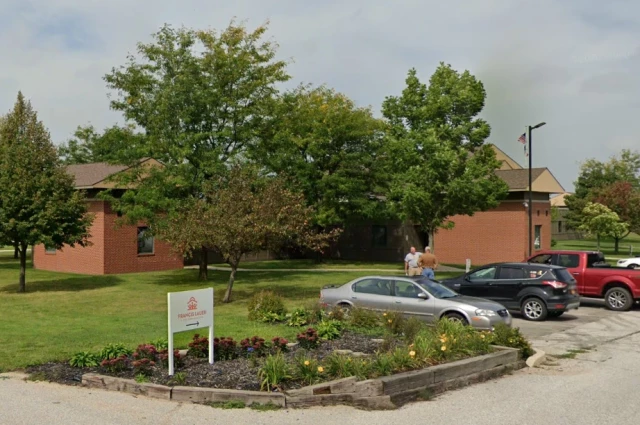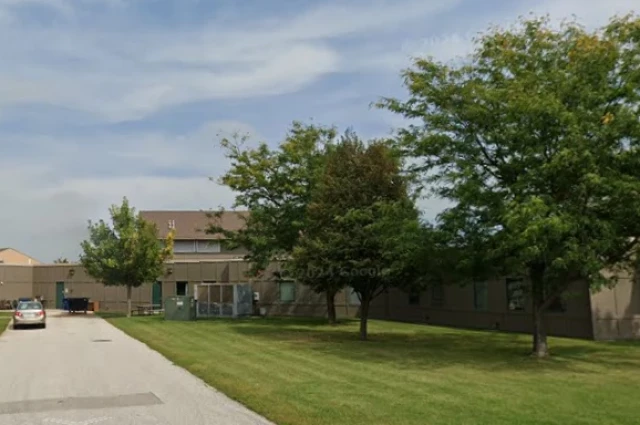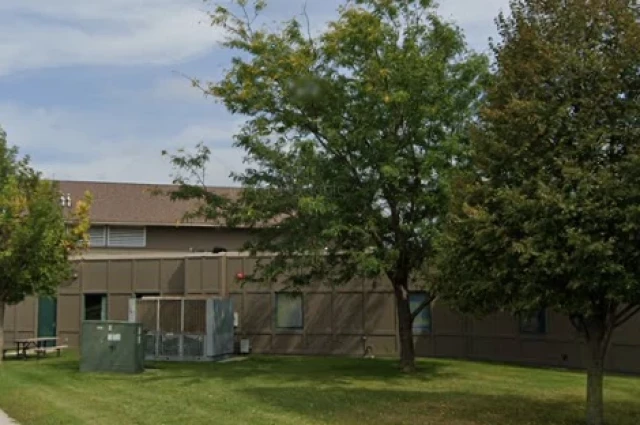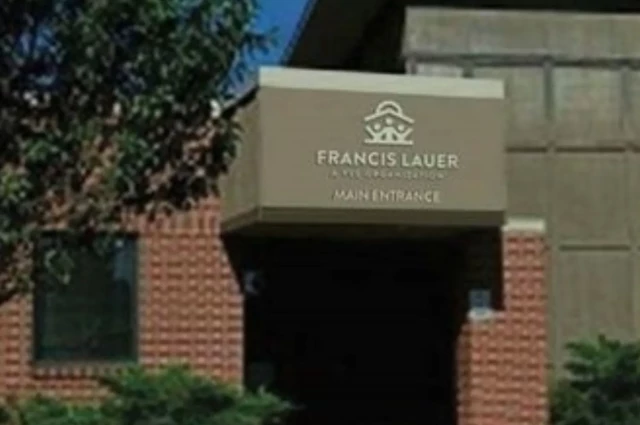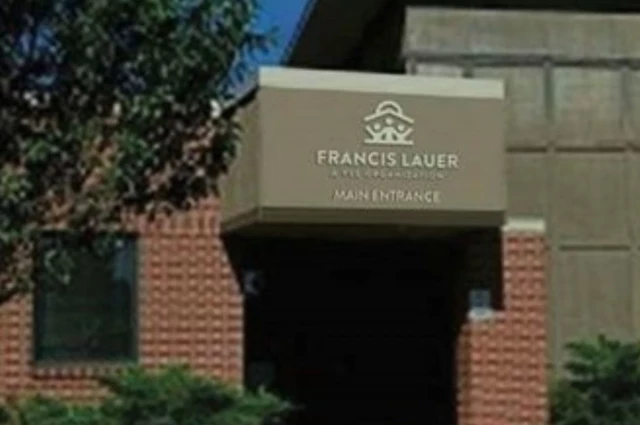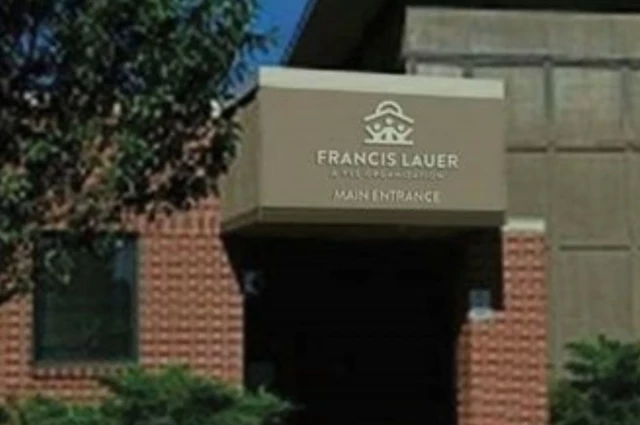YSS of North Iowa is a mental health center for teens and young adults in Mason City, Iowa. They focus on helping teens and young adults who are in foster care or who are homeless. The center helps young people deal with mental health issues and big changes in their lives by offering a variety of services, such as counseling, crisis stabilization, emergency shelter, and aftercare. YSS is a community-based group that helps all young people in need, regardless of their gender or faith.
The center offers programs for young adult men who are addicted to drugs or alcohol, as well as individual and family therapy, crisis care for people with serious mental health or substance use problems, and emergency shelter for youth in crisis. YSS also has special programs to help young adults who are leaving the foster care system. Cognitive behavioral therapy (CBT), activity therapy, and managing psychiatric medications are some of the treatment methods used at the center. the Commission on Accreditation of Rehabilitation Facilities (CARF) has given YSS of North Iowa its seal of approval. Its goal is to meet the specific needs of local youth and their families by offering customized, community-based services.
Youth and Shelter Services (YSS) - North Iowa Campus Residential Information
Treatment
Who We Treat
- Children
- Teens / Adolescents
- Young Adults (18–25)
- Adolescents
- Male and Female
- LGBTQ+
Treatment Focus
- Adolescents
- Licensed Primary Mental Health
Approaches
- Personalized Treatment
- Evidence-Based
- Gender-Specific
- Family Involvement
- Family Therapy
- Group Therapy
- Trauma Informed
- Cognitive Behavioral Therapy (CBT)
- 1-on-1 Counseling
- Eye Movement Therapy (EMDR)
- Online Therapy
- Life Skills Training
- Relapse Prevention Counseling
Conditions We Treat
- Depression
- Anxiety
- Post Traumatic Stress Disorder (PTSD)
- Trauma
- Co-Occurring Disorders
Substances We Treat
- Chronic Relapse
Languages
- English
Aftercare
- Discharge Planning
- Outpatient Treatment
- Housing Services
- Continuing Care
- Housing Support
Level of Care
- Outpatient
- Aftercare/Continuing Care
Experience
On-Site Amenities
- Laundry Service
- Business Center
- Computers
- Allow Cell Phones
Personal Amenities
- Bathroom Essentials
- Private or Shared Rooms
Smoking and Vaping Policy
- Smoking Not Allowed
- Vaping Not Allowed
Accreditations
-
State department of health
Government agencies issue State Licenses, granting rehabilitation organizations permission to operate their businesses legally within specific geographic regions. The licenses needed for legal operation are typically determined by the type of rehabilitation program offered by a facility and its physical location.

-
Commission on Accreditation of Rehabilitation Facilities (CARF)
CARF accreditation is a globally recognized certification for rehabilitation and human service organizations. It signifies that an organization meets high-quality standards and is committed to providing top-level care. Achieving CARF accreditation involves a rigorous evaluation process, including on-site surveys. This accreditation enhances an organization's reputation, instills trust in clients and funders, and encourages ongoing excellence in the field.

Youth and Shelter Services (YSS) - North Iowa Campus Residential Accepts The Following Insurance Plans
Find the best treatment options. Call our free and confidential helpline today!
